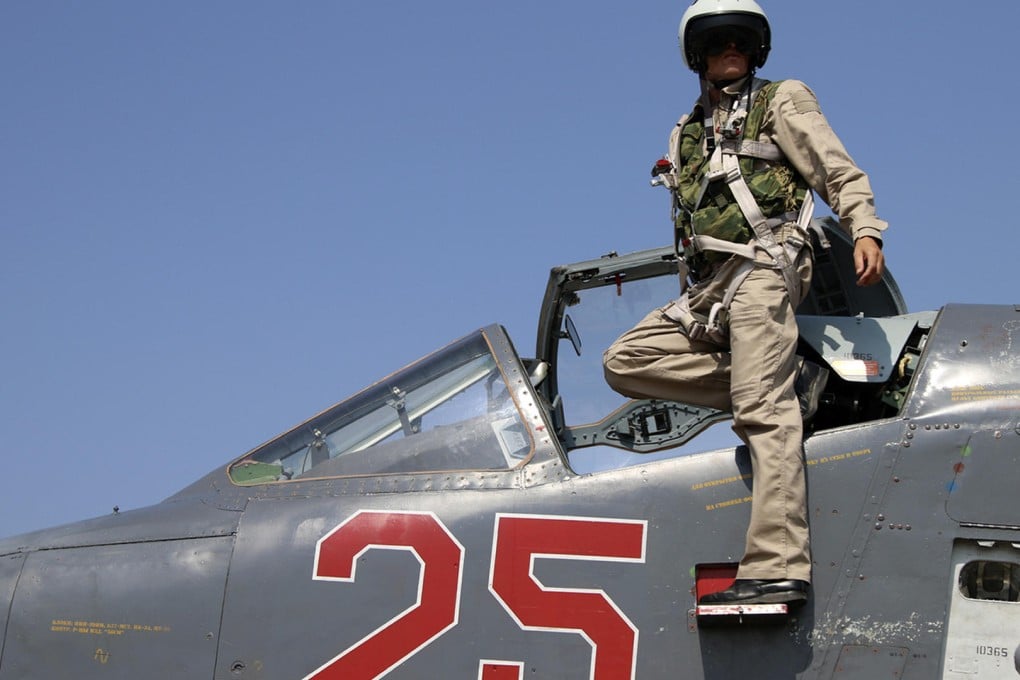Western coalition risks going head to head with Russia in Syrian conflict
Sherif Elgebeily says that despite having a common enemy in Islamic State, Russia and the Western coalition are on opposing sides when it comes to the Assad regime

It has been over a quarter of a century since the collapse of the USSR, the fall of the Berlin Wall and, accordingly, the thawing of the cold war that crippled international relations for decades in the mid-to-late 20th century. But it seems that Russia's decision to enter the war in Syria with military strikes - as opposed to simply bolstering and protecting President Bashar al-Assad on the international stage and supplying arms - has jolted East-West relations back to a time of high tensions.
Syria looks set to become the battleground for a proxy war between titans: pro-Assad Russian forces and the anti-Assad Western coalition that includes the US, France and the UK.
Syria therefore threatens to be more dangerous than the post-millennial wars in Iraq, Afghanistan or Ukraine, where foreign forces were fighting local militaries or populations. The conflict in Syria pits East against West in ways not seen since the Korean or Vietnam wars.
For Syria, its population, its heritage and its infrastructure, a proxy war would be catastrophic - it is yet more calamity to add to the existing menaces of Assad and Islamic State
Under the guise of fighting Islamic State, both sides have intervened with military force, bombing targets each claims are strategically linked to the group. Yet despite superficial US-Russian talks on deconfliction of Syrian airspace last week, designed to avoid overlap in operations and mid-air collisions, the first Russian strikes not only targeted areas that were not affiliated with Islamic State, but focused on the US-backed Syrian opposition fighters that pose a threat to Assad instead.
Indeed, Russian President Vladimir Putin has said Russian forces are in Syria to rescue the Assad administration. There can be no doubt as to the motives behind Russia’s intervention.
This is at direct odds, of course, with the anti-Assad coalition, and notably the US which advocates regime change so strongly that it has - perhaps, unbelievably - spent US$500 million on training but a handful of Syrian "moderate" rebels. French President François Hollande used his recent address to the UN General Assembly to state that, as the origin of the problem, Assad cannot be part of the solution. British Prime Minister David Cameron has labelled Assad as "one of the great recruiting sergeants for [Islamic State]" and the UK advocates a political transition where even if Assad refused to step down immediately, he would be ineligible to stand for future election.
Read more: Vladimir Putin launches air strikes on ‘terrorists’ in Syria, but are his sights set on propping up Bashar al-Assad?
These irreconcilable political stances are now being reinforced with increasing might. In recent months, Russia is known to have sent tanks and artillery to Syria, and is anticipated to be moving ground troops into Syria at the same time that the US orders the Pentagon to directly arm Kurdish and Arab Syrian opposition; the British foreign minister has indicated that there is a growing sentiment in the UK Parliament for extending military intervention into Raqqa in Syria, suggesting more anti-Assad coalition air strikes; and the incursions of Russian fighter jets into the airspace of Turkey - a Nato member - could trigger the regional mechanism's involvement by way of the principle of collective defence, which stipulates that an attack on one is an attack on all.